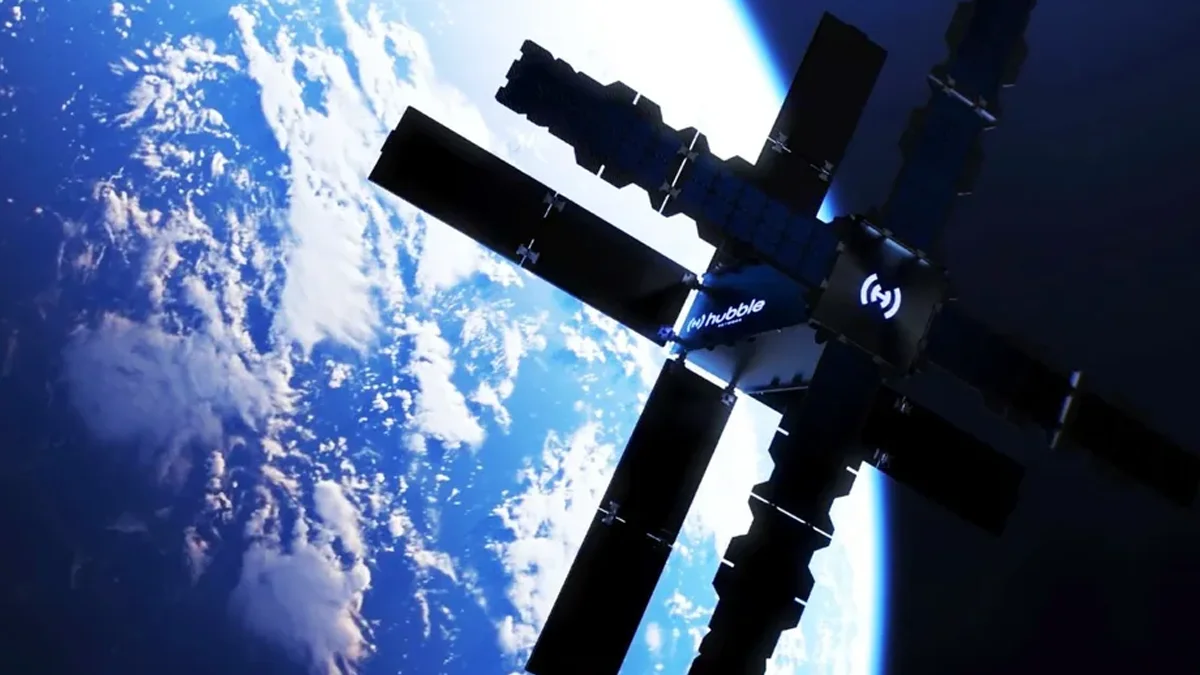Necessary Always Active
Necessary cookies are required to enable the basic features of this site, such as providing secure log-in or adjusting your consent preferences. These cookies do not store any personally identifiable data.
|
||||||
|
||||||
|
||||||
|

Hubble Network has announced ambitious plans to upgrade its satellite system. This upgrade will create the world’s first global Bluetooth Low Energy (BLE) satellite network, as reported by TechCrunch. The project promises to change how IoT and consumer devices communicate globally.
The company plans to launch advanced MuSat XL satellites into orbit. These satellites are much larger and more powerful than current models. Each satellite will carry special equipment designed to detect Bluetooth signals from Earth. This means Bluetooth devices will transmit data passively, not actively connect to satellites like they do to phones.
The new system will work differently from regular internet satellites. Instead of providing high-speed data, it focuses on low-power Bluetooth tracking. This approach uses less energy and works with devices that have small batteries. Think of it as creating a safety net for all your connected gadgets.
According to Hubble, Muon Space, a startup that has been in operation for four years, is set to launch two large satellites, named MuSat XL, in 2027. These satellites will be able to scan the globe every 12 hours and pick up Bluetooth Low Energy signals using far less power than today’s technology, about 30 times less.
The global BLE satellite layer will cover areas where regular cell towers cannot reach. Remote forests, open oceans, and desert regions will all have coverage. When you’re hiking in the mountains or sailing across the sea, your devices can still transmit short-range signals that can be picked up by overhead satellites.
The system uses Bluetooth Low Energy technology that can work with millions of devices without draining their batteries quickly. Your smartwatch could send its location to family members even when you’re completely off the grid. Emergency responders could also track people who are lost or in danger.
The Hubble BLE Finding Network will have many practical uses. Shipping companies can track cargo containers anywhere in the world. Farmers can monitor livestock in remote pastures. Parents can keep tabs on their children’s location during outdoor activities.
Pet owners will find this technology particularly useful. If your dog runs away while camping, the satellite network could help locate them. The same applies to valuable equipment or vehicles in remote locations.
The first MuSat XL satellites are expected to launch next year. Hubble Network plans to have dozens of satellites in orbit within three years. The complete network should provide global coverage by 2028.
This technology represents a major step forward in satellite communications. It bridges the gap between space technology and everyday devices. Soon, being “off the grid” might become a thing of the past, thanks to this innovative low-power Bluetooth tracking system that connects Earth to space.